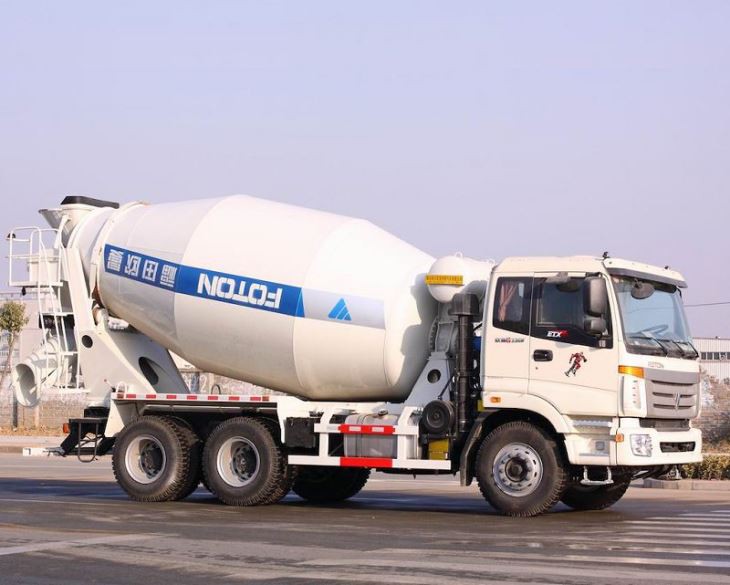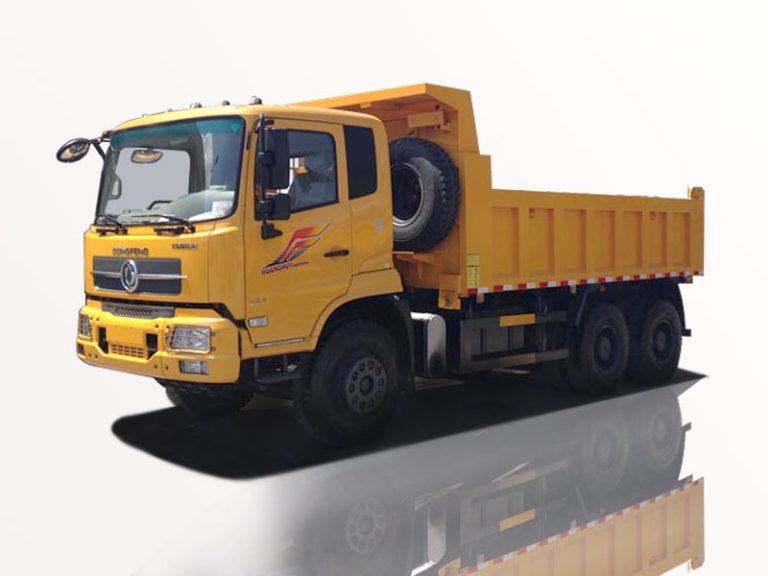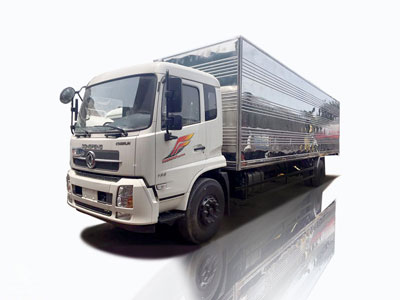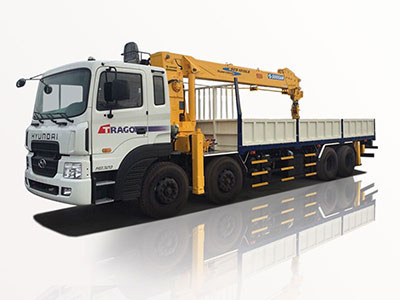Hydro vac trucks are becoming increasingly popular in various industries for their efficiency and effectiveness in excavation tasks. These specialized vehicles combine high-pressure water and vacuum technology to safely dig and remove soil without damaging underground utilities. This article will delve into everything there is to know about hydro vac trucks, from their functionality to their applications, benefits, and maintenance tips.
What are Hydro Vac Trucks?
Hydro vac trucks, also known as vacuum excavation trucks, are powerful machines designed for safely excavating soil. They utilize a high-pressure water system to loosen the ground while simultaneously using a vacuum to remove the loosened soil. This dual action makes them ideal for various applications, particularly when digging near sensitive underground utilities and infrastructure where traditional digging methods might cause damage.
Components of Hydro Vac Trucks
A hydro vac truck typically consists of several key components:
- Water Tank: Holds freshwater used for the excavation process.
- Vacuum System: Creates suction to remove dirt and debris from the excavation site.
- High-Pressure Pump: Delivers water at high pressure to loosen the soil.
- Hoses and Nozzles: Direct the water and vacuum action effectively.
- Debris Tank: Stores the excavated material until it can be disposed of.
How Hydro Vac Trucks Work
The operation of hydro vac trucks can be broken down into several simple steps:
Step 1: Site Preparation
Before starting the excavation, the operator prepares the site, which includes marking underground utilities and ensuring a safe working environment. This step is crucial for preventing damage to existing infrastructure.
Step 2: Water Injection
Once the site is ready, the operator utilizes the high-pressure water system to inject water into the ground. The pressure varies depending on the soil type and specific requirements of the job.
Step 3: Vacuum Suction
After the water has loosened the soil, the vacuum system kicks in. It effectively removes the slurry mix of water and excavated material, transferring it to the debris tank.
Step 4: Clean-Up
After the necessary excavation is completed, the operator can use the hydro vac truck to clean the worksite by sucking up any excess soil or debris, leaving the area tidy.
Applications of Hydro Vac Trucks
Hydro vac trucks are utilized across various industries for numerous applications, including but not limited to:
Utility Location and Installation
Hydro vac trucks are ideal for exposing utility lines without causing damage, making them perfect for locating and installing new electrical, gas, and water lines.
Trenching and Potholing
Hydro vac trucks can create narrow and precise trenches for repairs, new installations, or maintenance tasks, minimizing disruption to the surface area and surrounding environment.
Hydro Excavation for Environmentally Sensitive Areas
In environmentally sensitive areas, where traditional excavation methods may introduce risks, hydro vac trucks provide a safe alternative that reduces the likelihood of soil erosion and contamination.
Pipeline and Cable Installations
These trucks are frequently used in pipeline and cable installations, where the precision of excavation is critical to prevent damage to existing infrastructure.
Road Building and Repair
Hydro vac trucks can assist in road construction and maintenance by providing clean and precise excavations for roadbed preparation and installing road signs.
Benefits of Hydro Vac Trucks
The adoption of hydro vac trucks in various industries offers numerous benefits, including:
Safety
Hydro vac excavation significantly reduces the risk of accidents associated with traditional digging practices, such as hitting underground utilities, which can lead to costly repairs and safety hazards.
Efficiency
Compared to traditional excavation methods, hydro vac trucks can complete tasks more quickly, minimizing project timelines and labor costs.
Environmental Protection
This method minimizes soil disturbance, reducing the risk of environmental damage and making it suitable for sensitive areas where conservation is a priority.
Reduced Downtime
Using hydro vac trucks can help prevent downtime caused by accidental utility strikes, allowing projects to progress smoothly without interruptions.
Choosing the Right Hydro Vac Truck
Selecting the appropriate hydro vac truck for your needs involves considering several factors:
Capacity
Evaluate the water and debris tank capacity based on the size of the projects you are undertaking. Larger tanks will allow for longer work durations without needing to stop for refills or disposals.
Power and Performance
Check the power of the vacuum and water pump. Higher performance can lead to more efficient and quicker excavation procedures.
Type of Terrain
Assess the type of terrain and soil conditions you will primarily be working on, as different environments may require different equipment specifications or configurations.
Maintenance of Hydro Vac Trucks
Weekly Checks
- Inspect hoses and nozzles for wear and tear.
- Check fluid levels in the water and debris tanks.
- Ensure the vacuum system is functioning correctly.
Monthly Maintenance
- Clean the filters to ensure optimal performance.
- Inspect the pumps for signs of wear.
- Check the electrical systems to avoid malfunctions.
Annual Service
Schedule comprehensive annual maintenance with a qualified technician to inspect all systems, replace worn parts, and ensure safety compliance.
Cost of Hydro Vac Services
| Service Type | Estimated Cost | Details |
|---|---|---|
| Basic Hydro Excavation | $300 – $1,200 | Cost depends on location and amount of material removed. |
| Potholing | $500 – $1,500 | Typically priced based on depth and complexity. |
| Utility Location | $200 – $1,000 | Varies based on utility type and site conditions. |
| Site Cleanup | $250 – $800 | Cost for cleaning debris and tidying up the worksite. |
Future of Hydro Vac Trucks
The future of hydro vac trucks looks promising due to advancements in technology and increasing demands in construction and utility sectors. Innovations such as automated systems, enhanced performance metrics, and eco-friendly practices are emerging trends expected to redefine hydro vac operations.
Technological Advancements
With the advent of IoT (Internet of Things) and AI (Artificial Intelligence), hydro vac trucks can incorporate smart systems for monitoring performance, predicting maintenance needs, and improving operational efficiency.
Environmental Considerations
As industries move toward sustainability, many hydro vac trucks are being designed to be environmentally friendly, reducing fuel consumption and waste generation during excavation processes.
Frequently Asked Questions (FAQs)
What is the difference between hydro excavation and traditional excavation?
Hydro excavation uses high-pressure water and a vacuum to excavate soil without causing damage to underground utilities, whereas traditional excavation methods often involve mechanical digging which can lead to utility strikes and surface disruption.
How deep can hydro vac trucks excavate?
The depth of excavation can vary depending on the specific truck and equipment used, but typically they can excavate up to 20 feet, making them suitable for various trenching tasks.
Are hydro vac services expensive?
The cost of hydro vac services can vary widely based on location, the complexity of the job, and equipment used. However, many find it to be a cost-effective solution in preventing costly damages to underground utilities.
Can hydro vac trucks work in all soil types?
Hydro vac trucks are versatile and can work in many soil types, including clay, sand, and loam. However, extremely rocky or compacted areas may present challenges.
How do I find hydro vac services in my area?
You can search online directories, local construction equipment rental companies, or contact utility service providers to find hydro vac services in your vicinity.
Is training required to operate a hydro vac truck?
Yes, operators typically need specialized training to understand the equipment’s functions, safety protocols, and operational best practices. Proper certification is often required to ensure safe and efficient operation.



